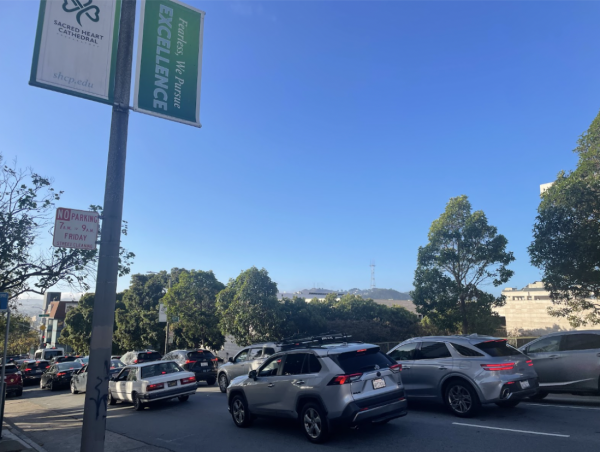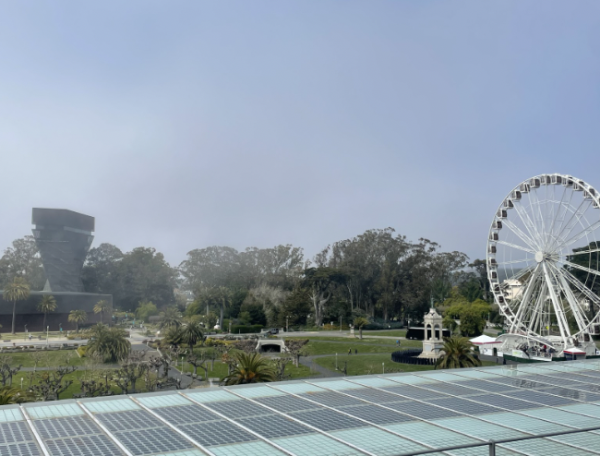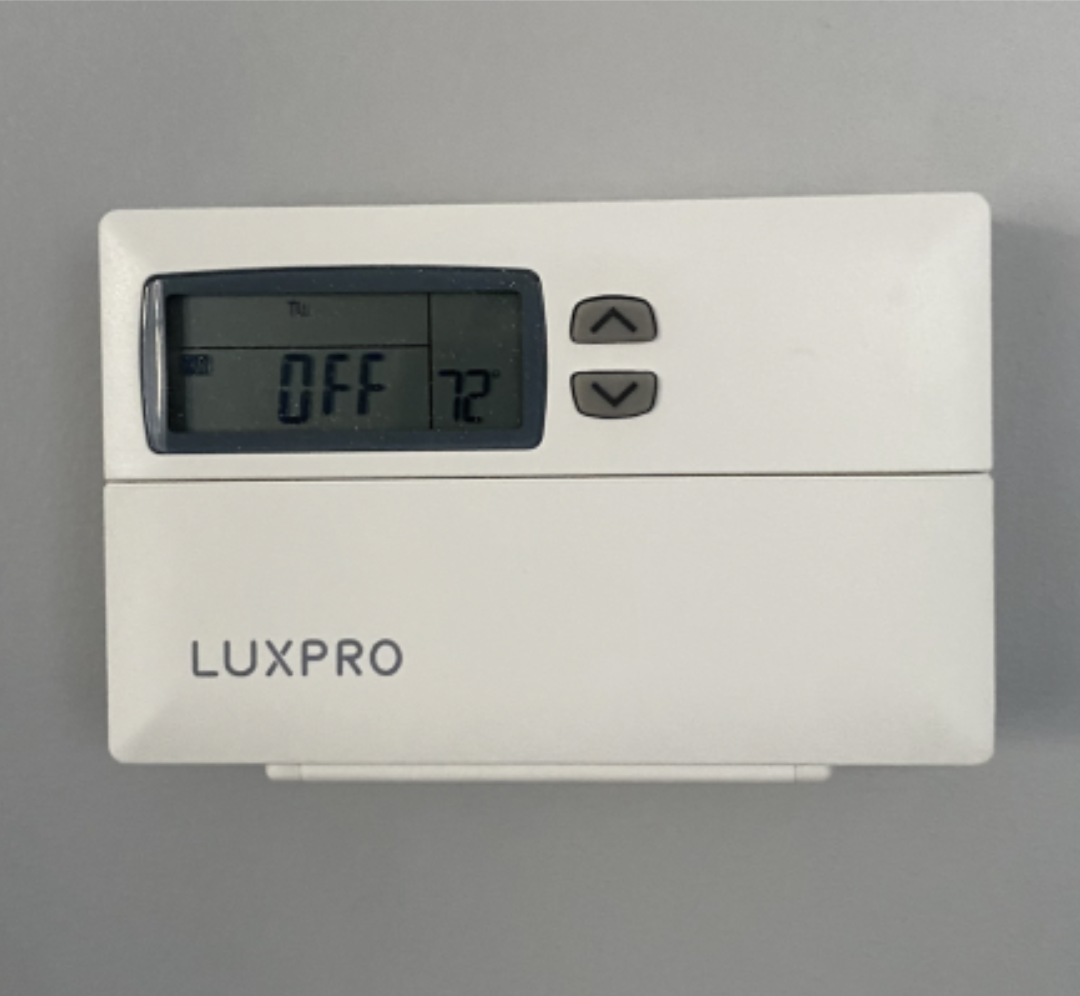In mid-November, the Asia-Pacific Economic Cooperation (APEC) made San Francisco its home for their leaders’ meeting. The presence of influential world leaders such as President Joe Biden, Prime Minister Justin Trudeau, and President Xi Jinping underscores the gravity of the discussions. With APEC member economies representing about 40% of the global population and almost half of world trade, the decisions made here have the potential to shape the future of global environmental policy.

San Francisco is not just a backdrop for these discussions, the city itself is an active participant. Environmental initiatives and the progressive viewpoints on climate change held by its public officials make it so. The city is home to multiple ambitious climate action projects to achieve net-zero gas emissions by 2050. One of these ambitious projects is the SFMTA’s battery-electric bus program which launched back in 2018. This program serves as a first step towards achieving the greater goals of an all-electric fleet outlined in the SFMTA’s Zero Emission Bus Rollout Plan and a carbon-neutral San Francisco by 2040. San Francisco’s commitment to climate reform reflects the potential for economic growth to align with the sustainable practices that the bulk of APEC also wants to push for. San Francisco has also been encouraging residents to use more and more electric vehicles (EVs). According to Clean Cities SF.com, San Francisco has over 10,000 registered EVs and over 900 publicly available EV charging stations. An increase in electric vehicles and electric public transportation is a great way to grow the city in an environmentally friendly way, and APEC concurred.

APEC’s agenda was packed with important discussions of global relations and worldwide issues, but none perhaps as timely and important as a session that took place on November 13th titled, “The future of climate and trade policies in a world of geopolitical divides.” Back in 1993, APEC leaders shared their commitment to managing climate change with this statement: “Our environment is improved as we protect the quality of our air, water, and green spaces and manage our energy resources and renewable resources to ensure sustainable growth and provide a more secure future for our people.” According to the APEC website, they are committed to promoting clean transportation, green towns, and trade in environmental goods for their respective countries. The impacts that these meetings have had over the years is hard to measure, but still, the discussions among world leaders about climate change are valuable for the future of our planet.
This convergence of leaders in San Francisco prioritizes the complex nature and relationship between climate initiatives and trade policies. In a world where we are becoming increasingly divided geopolitically, APEC’s role in fostering dialogue on these issues is more critical than ever. Leaders are tasked with finding solutions and common ground on issues such as carbon tariffs, green technology, and the balancing act between economic growth and environmental cooperation. After all, shifts in the climate affect every nation, especially the nations that makeup APEC, which includes Australia, Canada, the People’s Republic of China, Japan, Malaysia, Mexico, the Philippines, the Russian Federation, the US, and more.
The participation of President Biden, Prime Minister Trudeau, and President Xi Jinping brought a diverse set of perspectives to this complex conversation. Each leader represents an economy with its own challenges and priorities in terms of climate change and trade. Still, merely holding this APEC leader’s meeting brings to light the possible hope of global cooperation, especially on the topic of climate reform.
The APEC 2023 meeting in San Francisco was not just a huge event for the city, but a pivotal moment for global discussions on the environment. The outcomes and repercussions of this meeting will influence international policies for years to come, making it a critical moment for the future of our planet. As the world glances towards San Francisco, the hope is that this meeting of APEC will be remembered as a time when world leaders were able to come together to forge a path toward a more sustainable and fruitful future.







